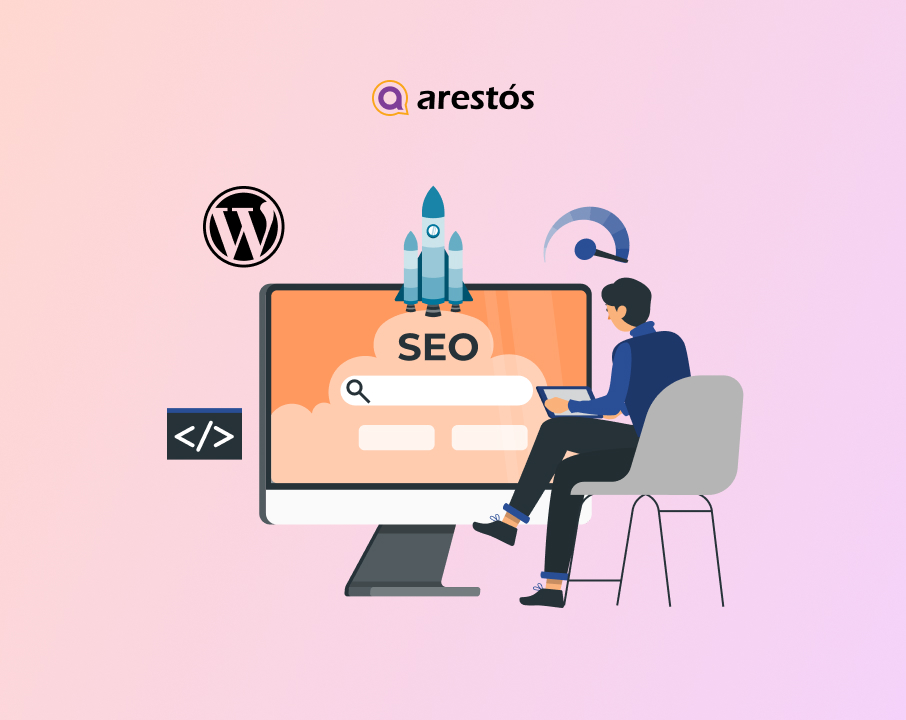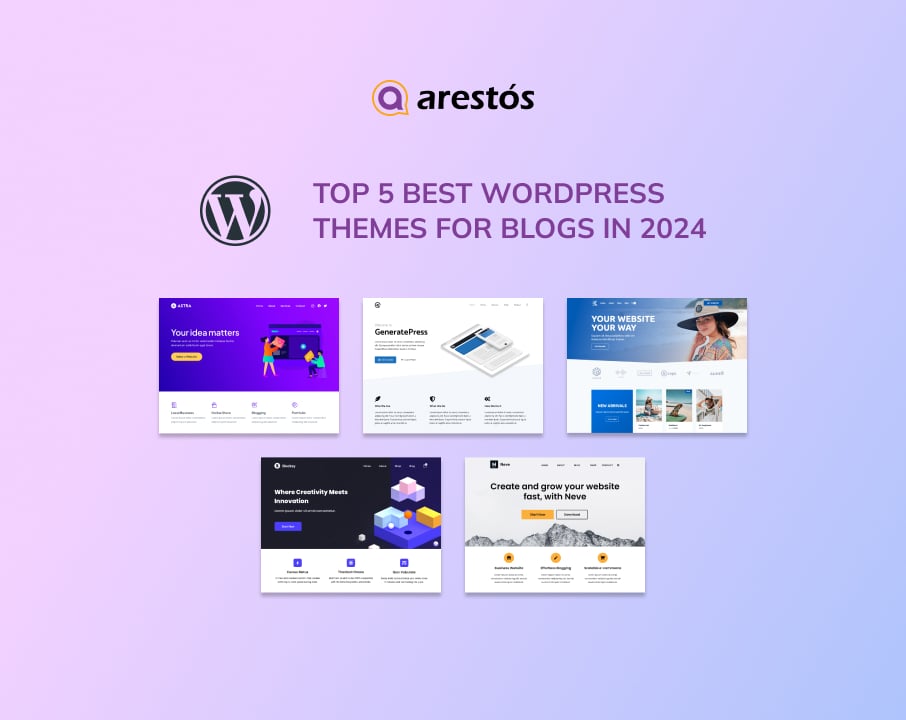How to implement an effective WordPress SEO strategy that you should know
When it comes to optimizing your WordPress website for search engines, understanding how to implement effective WordPress SEO strategies is crucial. With millions of websites competing for attention, it's essential to stand out and drive organic traffic to your site. In this step-by-step guide, we will explore the key techniques and best practices for WordPress SEO.
When it comes to optimizing your WordPress website for search engines, understanding how to implement effective WordPress SEO strategies is crucial. With millions of websites competing for attention, it’s essential to stand out and drive organic traffic to your site. In this step-by-step guide, we will explore the key techniques and best practices for WordPress SEO. By following these strategies, you can enhance your website’s visibility, improve search engine rankings, and attract more visitors. Whether you’re a beginner or an experienced website owner, this guide will provide you with the necessary knowledge and actionable steps to optimize your WordPress site for SEO success. So, let’s dive into the world of WordPress SEO and discover how to boost your website’s performance and achieve your online goals with Arestos.
Conducting Keyword Research
Keyword research is vital for successful WordPress SEO. It involves identifying the specific words and phrases used by your target audience to search for relevant information. By optimizing your content with these keywords, you increase your chances of ranking higher and attracting organic traffic. Follow these steps:
- Understand the Significance: Keyword research forms the foundation of your SEO strategy, driving visibility and relevance.
- Utilize Keyword Research Tools: Tools like Google Keyword Planner, SEMrush, and Moz Keyword Explorer provide valuable insights into search volume, competition, and related keywords.
- Analyze Competitiveness and Search Volume: Balance high- and medium-competition keywords with significant search volume that aligns with your content and target audience.
- Create a Targeted Keyword List: Organize keywords by relevance to different pages or sections of your site, ensuring a focused SEO strategy.
Remember to regularly update your keyword list based on trends and performance. Effective keyword research enhances understanding, optimizes content, and boosts search engine rankings.
WordPress SEO how to: Optimize On-Page Elements
To optimize your WordPress website for SEO, pay attention to key on-page elements. Start by optimizing your title tags, meta descriptions, and header tags. Incorporate your targeted keywords naturally within these elements to improve search engine visibility. Additionally, optimize your URLs by creating SEO-friendly permalinks that include relevant keywords.
Enhancing Website Performance
Website performance plays a crucial role in SEO. Optimize your website for speed by enabling caching, implementing browser caching, and compressing images to reduce file sizes. Minify CSS and JavaScript files to improve loading times. A fast-loading website provides a better user experience and is favored by search engines, leading to improved rankings.
Implementing Technical SEO Best Practices
Implementing technical SEO best practices ensures that search engines can effectively crawl and index your WordPress website. Optimize your website structure by creating a clear hierarchy and logical navigation. Generate XML sitemaps and submit them to search engines to help them understand your website’s structure. Customize your robots.txt file to control search engine crawlers’ access to specific areas of your site. Implement schema markup to provide additional information to search engines and enhance your website’s visibility in search results.
WordPress SEO how to: Build High-Quality Backlinks
Backlinks are a crucial factor in SEO. Focus on building high-quality backlinks from authoritative websites. Develop a backlink acquisition strategy that includes guest blogging, collaboration opportunities, and reaching out to industry influencers. Monitor your backlink profile regularly and disavow toxic links that could harm your website’s rankings.
Leveraging Social Media for SEO
Integrating social media into your WordPress website can have a positive impact on your SEO efforts. Optimize your social media profiles by including relevant keywords in your bios and descriptions. Encourage social sharing and engagement by adding social sharing buttons to your content. Actively participate in social media communities related to your industry, establishing your brand’s presence and attracting potential backlinks and traffic.
Tracking and Analyzing SEO Performance
Track and analyze your SEO performance using tools like Google Analytics and Google Search Console. Monitor organic traffic, keyword rankings, and user behavior metrics to gain valuable insights. Analyze this data to identify areas for improvement and adjust your SEO strategies accordingly.
WordPress SEO how to: Mobile SEO Optimization
With the rise of mobile usage, optimizing your WordPress website for mobile devices is essential. Ensure your website has a responsive design that adapts to different screen sizes. Provide a seamless mobile user experience by optimizing your site’s navigation and content layout. Consider implementing AMP (Accelerated Mobile Pages) to further enhance mobile loading speed.
Ongoing SEO Maintenance and Updates
SEO is an ongoing process that requires regular maintenance and updates. Keep your WordPress core, themes, and plugins up to date to ensure better security and performance. Conduct regular SEO audits to identify any issues or areas for improvement. Stay informed about industry trends and algorithm updates to adapt your SEO strategies accordingly.
Conclusion
Implementing effective SEO strategies for your WordPress website is crucial for improving its visibility, attracting organic traffic, and achieving online success. By following the step-by-step guide outlined in this article, you can optimize your website’s on-page elements, conduct thorough keyword research, enhance website performance, and implement technical SEO best practices. Additionally, leveraging social media and tracking SEO performance through analytics tools can further amplify your results.
Remember, SEO is an ongoing process that requires continuous monitoring, optimization, and adaptation. Regularly audit your website, update your content, and stay informed about industry developments. By dedicating time and effort to SEO, you can drive more organic traffic, increase your website’s visibility, and ultimately achieve your online goals.
By combining the knowledge gained from this guide with the capabilities of Arestós, you can maximize the impact of your WordPress SEO strategies. If you need any further assistance after reading this guide, please don’t hesitate to contact Arestós for support and clarification.



